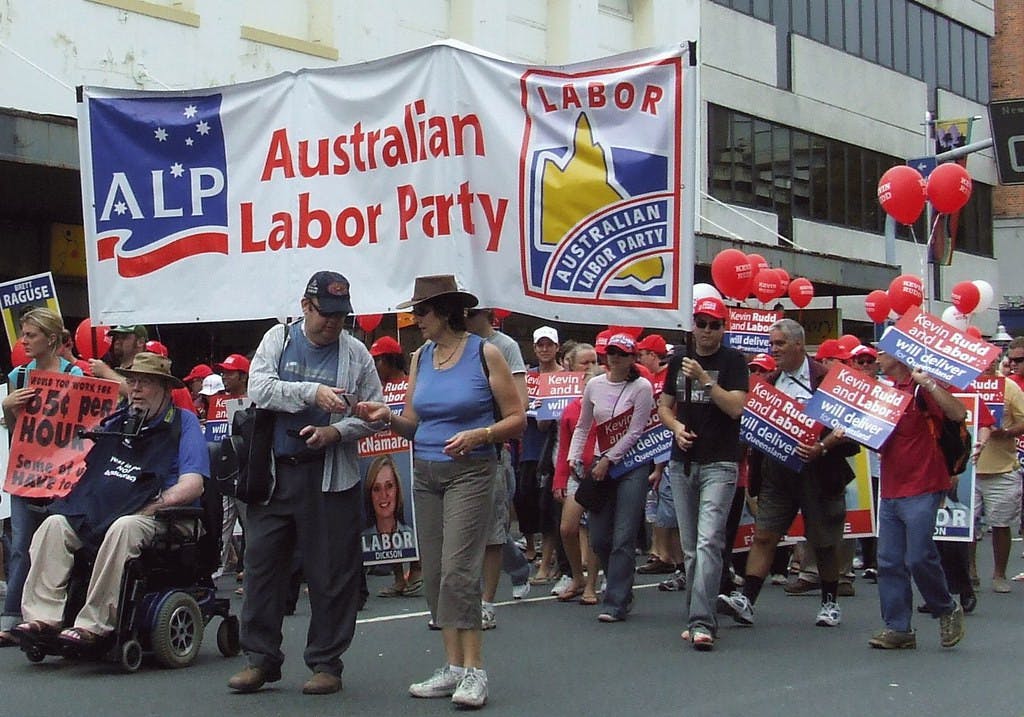Labour Day in Australia
Labour Day in Australia celebrates workers' achievements and rights, marked by parades, events, and reflections on labour movement history.
Labour Day, observed across various states and territories in Australia, commemorates the achievements of the labour movement and workers' rights. This significant public holiday serves as a reminder of the struggles, sacrifices, and successes of workers throughout Australia's history. This article delves into the origins, evolution, significance, celebrations, controversies, and contemporary relevance of Labour Day in Australia.
Historical Origins
The roots of Labour Day in Australia can be traced back to the 19th century when workers and trade unions began advocating for better working conditions, fair wages, and improved rights. The eight-hour workday movement, which emerged during the Industrial Revolution, played a pivotal role in shaping the labour movement and laying the foundation for Labour Day celebrations.
- Eight-Hour Movement: In the 1850s, stonemasons in Melbourne took a stand for an eight-hour workday, leading to a successful campaign and the establishment of the Eight Hours Day, now known as Labour Day in Victoria. This historic achievement inspired workers across Australia to demand similar rights and protections, sparking a nationwide movement.
- Trade Unions: Trade unions played a crucial role in championing workers' rights, organizing strikes, rallies, and campaigns to address issues such as long working hours, unsafe working conditions, child labour, and inadequate wages. The formation of trade unions strengthened solidarity among workers, fostering collective action and advocacy for legislative reforms.
Significance and Celebrations
Labour Day holds significant cultural, historical, and social importance in Australia, reflecting the nation's commitment to workers' rights, social justice, and egalitarian principles. The day is marked by various events, activities, and celebrations across states and territories, including:
- Parades and Marches: Labour Day parades and marches are held in cities and towns across Australia, bringing together workers, trade unions, community groups, and supporters to commemorate the achievements of the labour movement and advocate for ongoing reforms. These events feature colourful displays, banners, placards, speeches, and performances that highlight the history, struggles, and triumphs of the labour movement.
- Family-friendly Activities: Labour Day celebrations often include family-friendly activities such as picnics, barbecues, carnivals, fairs, concerts, and sporting events that promote community engagement, solidarity, and relaxation. These gatherings provide an opportunity for workers and their families to unwind, socialize, and celebrate their collective achievements in a festive and inclusive atmosphere.
- Public Holiday: Labour Day is recognized as a public holiday in various states and territories, allowing workers to enjoy a well-deserved break from work, spend time with loved ones, participate in community events, or engage in leisure activities. The public holiday serves as a symbol of appreciation for workers' contributions to the economy, society, and nation-building efforts.
Controversies and Debates
While Labour Day is widely celebrated and recognized, it has also sparked debates and controversies regarding its significance, relevance, and representation. Some of the key controversies include:
- Date Variations: The observance of Labour Day varies across states and territories, leading to confusion, inconsistency, and debates about the appropriate date and format of celebrations. While some states commemorate Labour Day on the first Monday in October, others observe it on different dates, reflecting historical, cultural, and legislative differences.
- Commercialization: Critics argue that Labour Day has become increasingly commercialized, overshadowing its original purpose and meaning. The proliferation of sales, promotions, and marketing campaigns during Labour Day weekend has prompted concerns about consumerism, materialism, and the commodification of workers' rights.
- Political Affiliation: Labour Day celebrations have been associated with political parties, trade unions, and ideological movements, leading to debates about representation, inclusivity, and partisanship. Critics argue that Labour Day events should remain non-partisan, inclusive, and focused on workers' rights, social justice, and community solidarity.
Contemporary Relevance and Future Outlook
Labour Day remains relevant in contemporary Australia, serving as a platform for advocacy, awareness, and action on pressing issues such as:
- Workers' Rights: Despite significant advancements in workers' rights, challenges persist, including precarious employment, wage inequality, workplace discrimination, occupational health and safety concerns, and gig economy exploitation. Labour Day provides an opportunity to raise awareness, advocate for reforms, and mobilize support for legislative initiatives that protect and empower workers.
- Social Justice: Labour Day aligns with broader social justice movements advocating for equality, diversity, inclusion, and human rights. By promoting solidarity, collaboration, and community engagement, Labour Day contributes to fostering a more equitable, just, and compassionate society that values and respects all individuals' dignity, worth, and contributions.
- Economic Prosperity: Recognizing workers' contributions to economic prosperity, innovation, and growth remains crucial. Labour Day emphasizes the importance of investing in education, skills development, training, and lifelong learning opportunities that empower individuals, enhance employability, and drive sustainable economic development.
Conclusion
Labour Day in Australia stands as a testament to the labour movement's resilience, determination, and achievements in advancing workers' rights, social justice, and economic prosperity. While the day is marked by celebrations, parades, and family-friendly activities, it also serves as a reminder of the ongoing challenges, struggles, and opportunities facing workers in contemporary society. By embracing inclusivity, advocacy, solidarity, and collaboration, Labour Day continues to inspire, unite, and empower individuals, communities, and nations to strive for a more just, equitable, and sustainable future.
